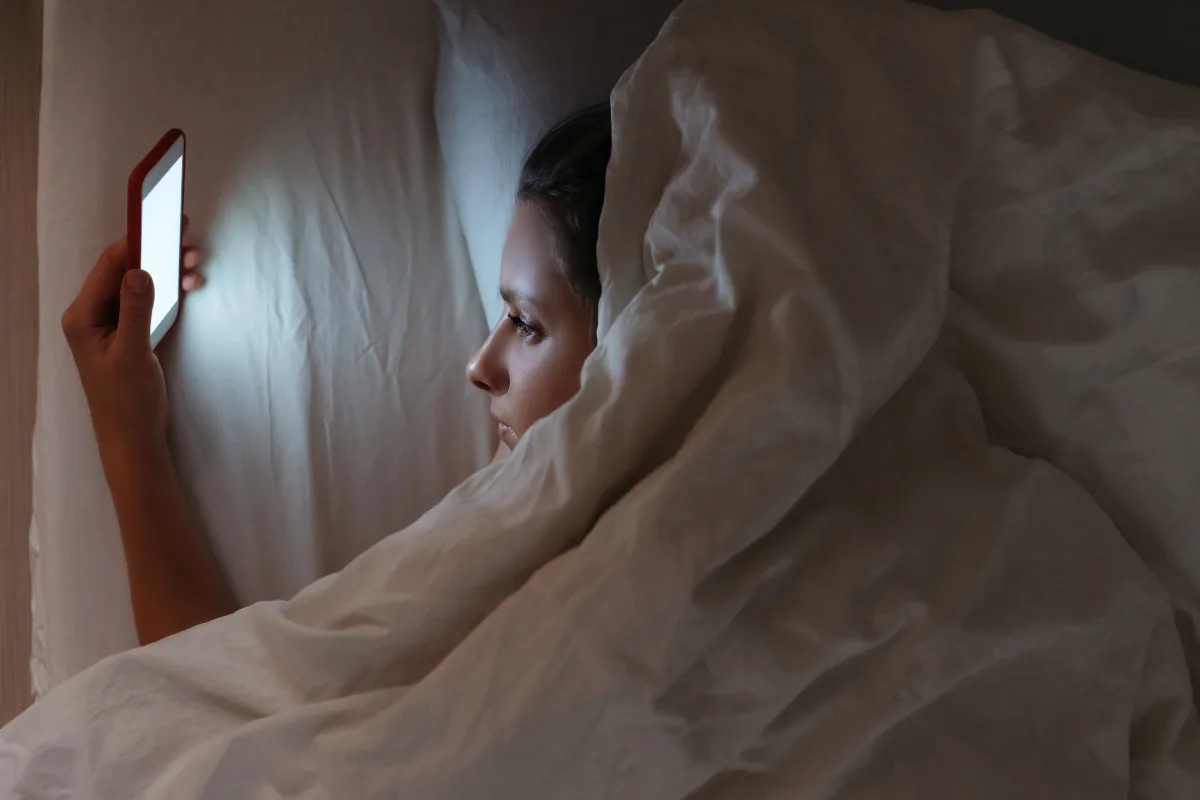Experts recommend adults get 7-8 hours of uninterrupted sleep each night, but how many of us are still lying awake counting sheep? I personally don’t recall the last time I slept in, and it seems like today’s society is all about how much one can get done in a day with sleep deprivation almost becoming a bragging right. Not only are we trying to burn the candle at both ends, but technology is actually sabotaging the ability to wind down, and switch our brains to the off position.
Settling down at night with an e-reader or surfing the net may sound benign, but research has shown that the “blue” light emitted from our devices actually stimulates the brain into wake mode having a profound effect on sleep patterns. Melatonin is the hormone responsible for a healthy sleep rhythm, and according to the National Sleep Foundation, is naturally released into the body as the sunsets. An article published by Harvard University found people losing sleep from nighttime lighting, particularly blue light, had an increased risk of pre-diabetes, obesity, and lower levels of melatonin.
- If you have to use a cell phone or computer, Android, and iPhones have a setting to automatically shift the lighting away from blue as the sun sets. Computer applications are available to reduce blue tones.
- Cover alarm clocks, or any other electronics in the bedroom to reduce distraction.
- Get out into the sun during the day as exposure to fresh air, and natural light helps the body to relax later in the evening.
- Set a time to unplug, and reduce late-night TV, cell phone, or computer use.
- If reading in bed is your thing, switch electronic readers to a dimmer setting, or better yet grab a book, and use a warm reading light.
Sleep isn’t a luxury, it’s as important as exercise, and eating a balanced diet. If you wake up exhausted and rely on a triple shot espresso to get you through the day, more shut-eye might be your best bet. Dependence on caffeine and energy drinks taxes the adrenal glands making your body think it’s in constant stress mode. If you’re plagued with insomnia, the answer might be in your bedtime routine.




